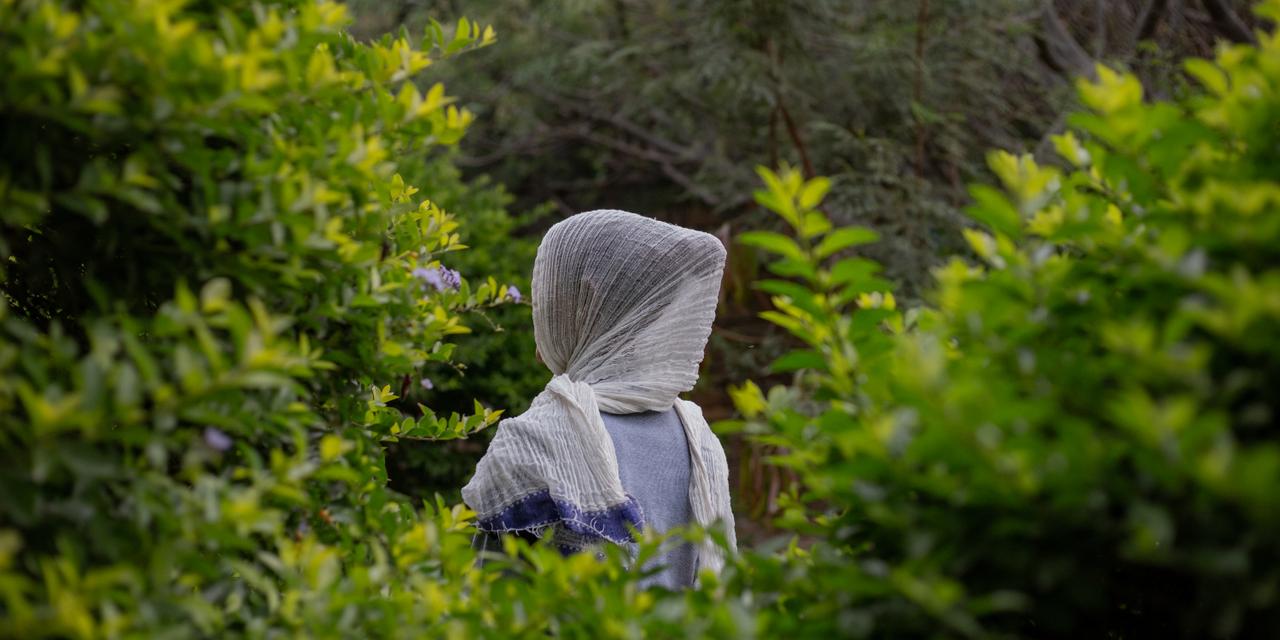


'Soldiers found us and told us to undress': In Ethiopia, silence surrounds Tigray war's mass rapes
FeatureDuring the war in Tigray, in Ethiopia, 120,000 women were victims of rape. More than two and a half years since the end of the conflict, many survivors are still trying to overcome their trauma, with justice yet to be served.
Nigist pulled out three beige linen patterns from a black plastic bag. Smiling broadly, she settled in front of a sewing machine. Her foot pressed the pedal, driving the needle to trace a white thread. "This is a skirt for a child. Just a few more hours of work, and it will be finished," she said, never taking her eyes off the small metal tip. The 17-year-old hails from western Tigray, a region of Ethiopia that rebelled against the central government. One morning in June 2023, she passed through the black gate of the Hiwyet center, whose name means "healing" in Tigrinya. "I had been on the road for months," she recounted with difficulty. "When I arrived, I was almost unable to speak, because of what happened to me along the way."
When armed men invaded her village in the Kafta Humera area of eastern Tigray, Nigist fled with other teenage girls. "We hid in a small wood, but soldiers found us. They told us to undress, but I resisted, I didn't want to. That's when they started hitting me, tearing off my clothes. I was raped by several of them. Then I fainted."
A few hours later, villagers took care of Nigist. "I washed myself in the river and they gave me clothes, because I had nothing left," she explained. "Then I fled to Mekele, and it was in the camp for displaced people that I heard about the Hiwyet center."

You have 84.2% of this article left to read. The rest is for subscribers only.
